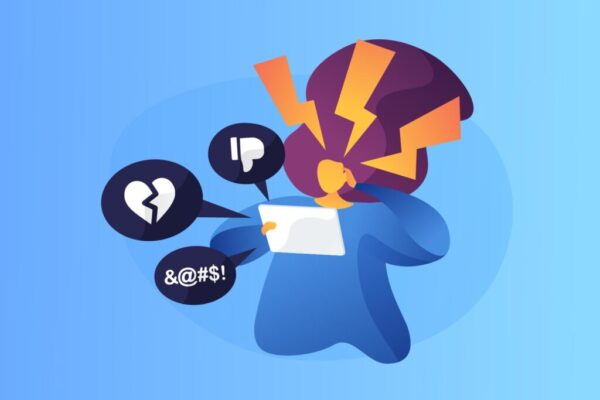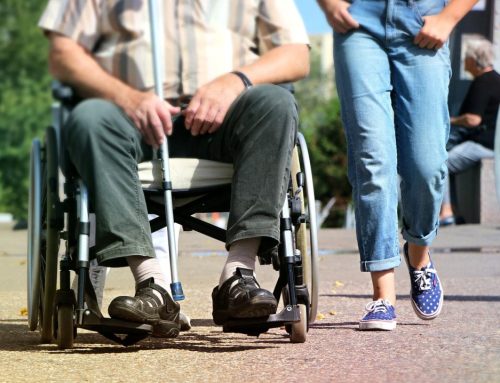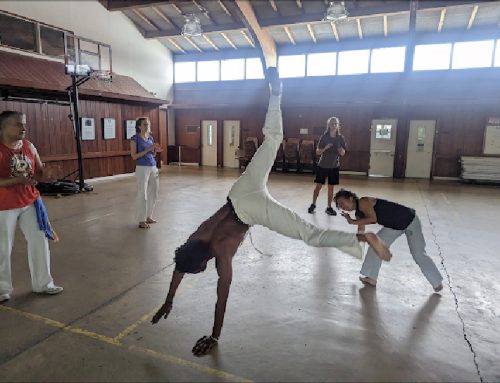 Cyberbullying: What it is & How to Stop it.
Cyberbullying: What it is & How to Stop it.
Questions and answers provided by UNICEF specialists, international cyberbullying and child protection experts, with Facebook, Instagram and Twitter to answer the questions and give their advice on ways to deal with online bullying.
What is cyberbullying?
Cyberbullying is bullying with the use of digital technologies. It can take place on social media, messaging platforms, gaming platforms and mobile phones. It is repeated behaviour, aimed at scaring, angering or shaming those who are targeted.
Examples include:
Spreading lies about or posting embarrassing photos of someone on social media
sending hurtful messages or threats via messaging platforms
impersonating someone and sending mean messages to others on their behalf.
Face-to-face bullying and cyberbullying can often happen alongside each other. But cyberbullying leaves a digital footprint – a record that can prove useful and provide evidence to help stop the abuse.
What are the effects of cyberbullying?
UNICEF:
When bullying happens online it can feel as if you’re being attacked everywhere, even inside your own home. It can seem like there’s no escape. The effects can last a long time and affect a person in many ways:
- Mentally — feeling upset, embarrassed, stupid, even angry.
- Emotionally — feeling ashamed or losing interest in the things you love.
- Physically — tired (loss of sleep), or experiencing symptoms like stomach aches and headaches.
The feeling of being laughed at or harassed by others, can prevent people from speaking up or trying to deal with the problem. In extreme cases, cyberbullying can even lead to people taking their own lives.
Cyberbullying can affect us in many ways. But these can be overcome and people can regain their confidence and health.
Who should I talk to if someone is bullying me online? Why is reporting important?
UNICEF:
If you think you’re being bullied, the first step is to seek help from someone you trust such as your parents, a close family member or another trusted adult.
In your school you can reach out to a counsellor, the sports coach or your favourite teacher.
And if you are not comfortable talking to someone you know, search for a helpline in your country to talk to a professional counsellor.
If the bullying is happening on a social platform, consider blocking the bully and formally reporting their behaviour on the platform itself. Social media companies are obligated to keep their users safe.
It can be helpful to collect evidence – text messages and screen shots of social media posts – to show what’s been going on.
For bullying to stop, it needs to be identified and reporting it is key. It can also help to show the bully that their behaviour is unacceptable.
If you are in immediate danger, then you should contact the police or emergency services in your country.
I’m experiencing cyberbullying, but I’m afraid to talk to my parents about it. How can I approach them?
UNICEF:
If you are experiencing cyberbullying, speaking to a trusted adult – someone you feel safe talking to – is one of the most important first steps you can take.
Talking to parents isn’t easy for everyone. But there are things you can do to help the conversation. Choose a time to talk when you know you have their full attention. Explain how serious the problem is for you. Remember, they might not be as familiar with technology as you are, so you might need to help them to understand what’s happening.
They might not have instant answers for you, but they are likely to want to help and together you can find a solution. Two heads are always better than one! If you are still unsure about what to do, consider reaching out to other trusted people. There are often more people who care about you and are willing to help than you might think!
For more questions and answers regarding cyberbullying, see the full article below.





